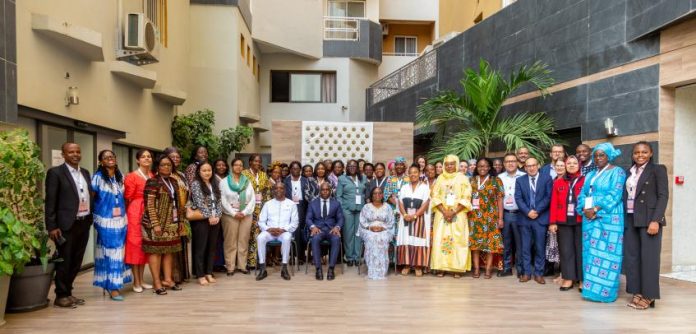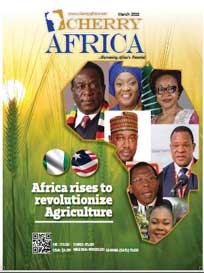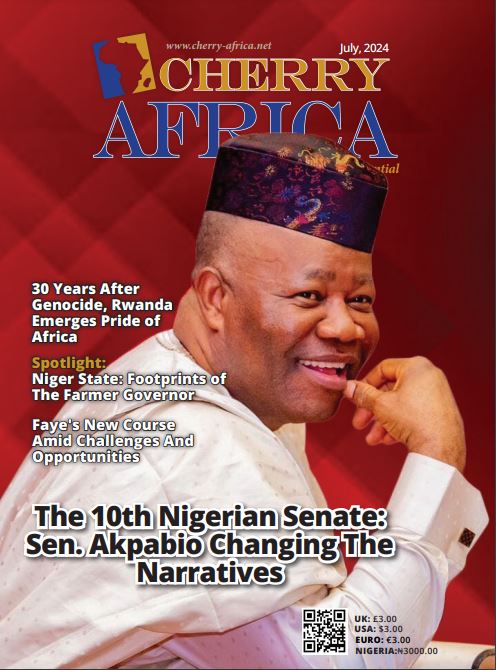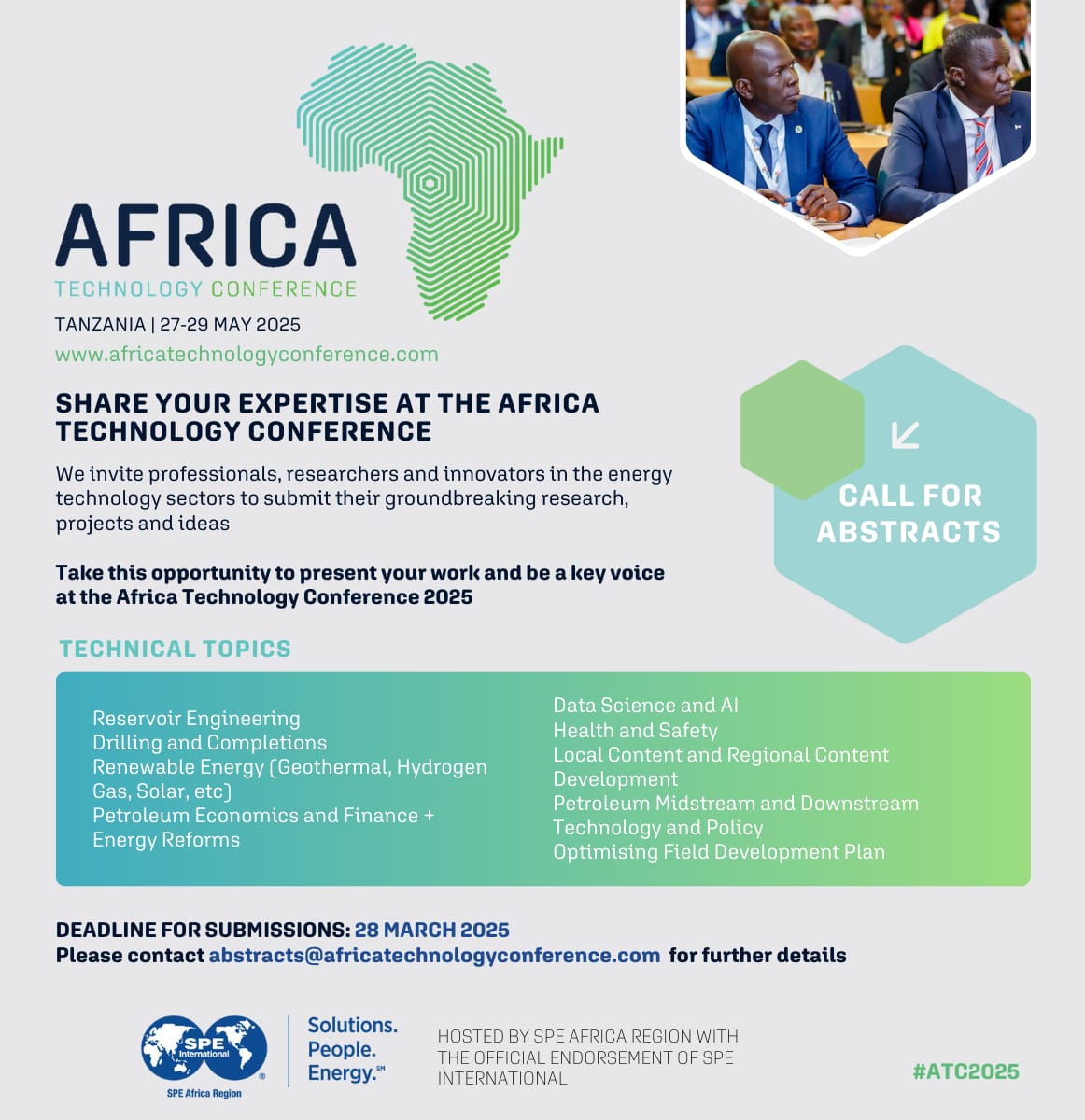A joint technical workshop as part of the process to validate the first Continental Report on the Status of Girls and Women’s Education in Africa opens in Dakar, Senegal, on December 02, 2024. It is convened by the African Union International Center for Girls and Women’s Education in Africa (African Union CIEFFA) and Gender at the Centre Initiative (GCI) of UNESCO’s International Institute for Educational Planning (IIEP). The meeting, which is scheduled to run till December 04, brings together over 40 African Union CIEFFA focal points and experts from the Ministries in charge of Education and ministries in charge of Gender and other major stakeholders in the fields of education and gender equality.
Over the 3-day gathering, participants from close to 30 AU Member States are expected to conduct a thorough cross-country analysis of the Report grounded in gender equity and inclusive development. The Report is a status analysis of the progress and lingering challenges in achieving gender equity in education, from Early Childhood Education (ECE) through to post-secondary levels. It presents the available education data from across AU Member States.
While opening the meeting, the Minister of Education for Senegal, H.E. Moustapha Mamba Guirassy underpinned that, “Education, and particularly girls’ education, is one of the most powerful levers for development. This development benefits not only the girls themselves but also their families, communities, and society as a whole.” He expressed Senegal’s interest in ensuring gender-responsiveness in education policies. “In Senegal, the education sector policy, outlined in the Programme for the Improvement of Quality, Equity, and Transparency in Education and Training (PAQUET-EF), planned for the 2018-2030 period, aims, among other things, to promote gender equality and the empowerment of girls and women. The issue of girls’ schooling, especially ensuring they remain in school, is at the heart of the implementation of this program”, he stated.
The workshop takes place within the framework of 2024 as the AU year of Education. It is equally one of the outputs of the first African Union Pan-African Conference for Girls’ Education (AU/PANCOGED1) hosted by the AUC ESTI Department in July 2024.
The Acting Coordinator of the African Union CIEFFA, Mrs. Simone Yankey, stressed the fact that “As we are getting close to the end of this year dedicated to Education by the African Union, our collective efforts to prioritising education for girls helps to break down barriers and contribute to creating a more just and prosperous world for everyone. Studies consistently show that educated women contribute significantly to economic growth, development from the micro to the macro level, and the overall well-being of societies.”
The Director of UNESCO Regional Office for West Africa, Mr. Dimitri Sanga, highlighted, “The report brought to us is an essential contribution to understanding the progress made, as well as the challenges that remain in achieving the 2030 Agenda. For instance, it reveals that fewer than one in four African Union member countries achieve gender parity at the preschool level, and no country achieves it in higher education. In other words, at every stage of education, girls lose educational opportunities. With six years remaining to meet the Sustainable Development Goals, the international community must intensify its efforts, as the target is still far from being met. To this end, gender equality in and through education is a crucial lever.”
The objectives of the gathering are, amongst others, to collect feedback from AU CIEFFA focal points to advance the validation of the report, enhance AU CIEFFA Member States’ commitment to prioritizing gender equity and inclusive development, explore country-level strategies and best practices to address gender inequities in education, their intersectionality and interactions, and build a platform for countries to share experiences, foster peer-to-peer learning and identify common solutions, and align efforts.
Other stakeholders attending the event include representatives from the UN offices in Senegal and the World Bank.















